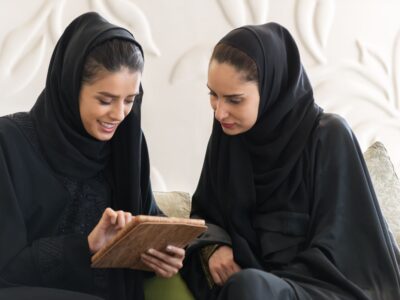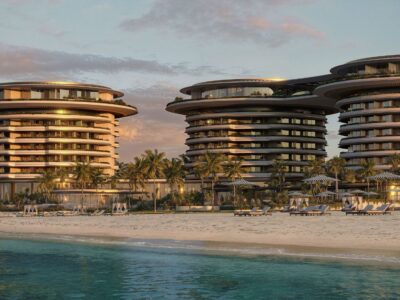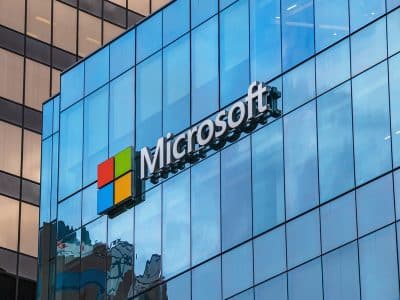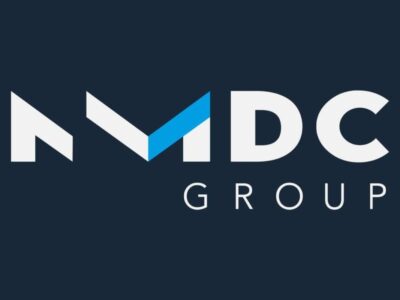The India-Middle East-Europe Corridor (IMEC) initiated by India, Saudi Arabia, and the UAE, has emerged as a refreshing alternative to China’s Belt and Road Initiative (BRI). IMEC aims to create a network of infrastructure and trade agreements by connecting South Asia, the Arabian Peninsula, and Europe, thus promoting economic growth and connectivity.
Reflecting on BRI: Insights for IMEC
The BRI has been all glitz and little substance. The initiative that was initially portrayed as a tool for economic cooperation, has increasingly revealed itself as China’s vehicle for expanding its geopolitical ambitions. Marred by opacity and a lack of accountability, the secretive transactions, resulting debt entanglements, and disregard for local communities’ interests, have tarnished the enterprise’s legacy.
To sidestep these issues, IMEC must prioritise openness and honesty by sharing detailed information regarding project expenses, environmental effects, and negotiation processes, which is vital for establishing credibility.
Financial distress has been a significant consequence of the BRI for several nations, exemplified by Sri Lanka’s predicament of relinquishing valuable assets to stabilise its economy.
Notably, Sri Lanka handed over control of its strategic port to China for 99 years. IMEC can circumvent such difficulties by conducting thorough feasibility assessments and adopting prudent lending strategies. Research indicates that nearly half of BRI projects involve undisclosed debts, posing substantial risks to participating countries.
According to the AidData Lab at William & Mary, 40 percent of BRI projects involve hidden debt, highlighting the need for transparent financial operations and stringent risk management to mitigate these risks.
Furthermore, the BRI’s association with China’s geopolitical objectives has escalated tensions, especially concerning projects running through disputed territories, such as the China-Pakistan Economic Corridor (CPEC). The economic corridors created through BRI align with China’s desire to increase resource access and counterbalance the influence of the United States and its allies.
In contrast, IMEC must prioritise fostering peace, promoting interregional cooperation, and respecting the territorial integrity of sovereign nations to ensure a more harmonious approach to development. The BRI’s heavy-handed approach has often caused minimal positive impact on local communities. To counter this, IMEC must embrace a community-driven strategy, fostering indigenous solutions that contribute to the greater good.
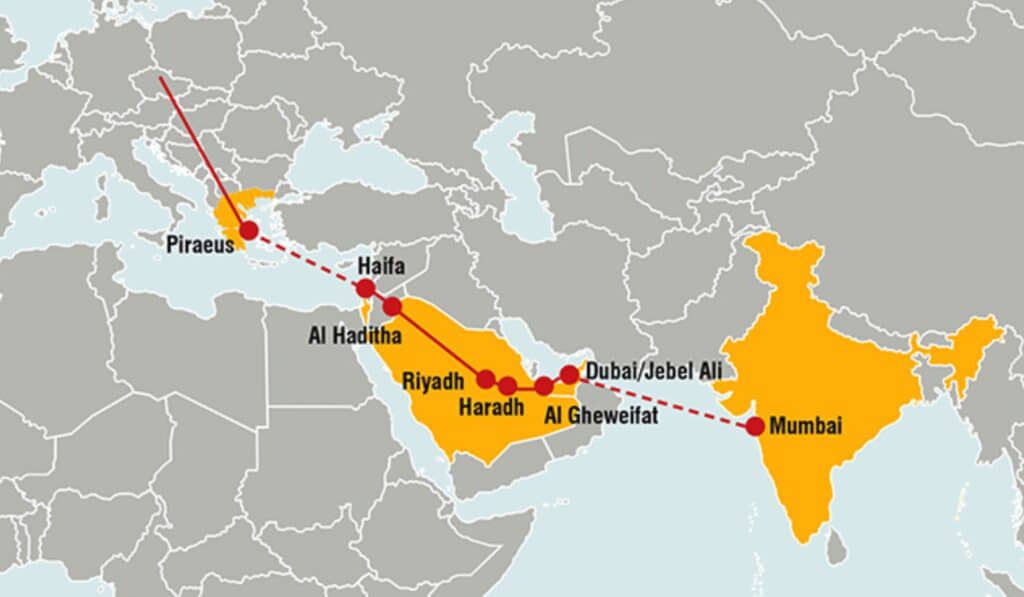
Understanding the Middle East’s potential and challenges is pivotal for IMEC’s success. The Middle East boasts significant potential, with countries like Saudi Arabia, the UAE, and Qatar viewing IMEC as an opportunity to expand their economies and upgrade their infrastructures. By leveraging its position as a key player in the region and strengthening economic alliances, IMEC can tackle issues like food security.
However, while some BRI projects have yielded benefits, they also pose the risk of imposing severe debt burdens on borrowing nations. Amidst economic volatility, it’s imperative to evaluate the long-term fiscal health of large-scale ventures. IMEC must guarantee that its projects are economically viable and adaptable to global economic shifts.
IMEC: A new era of responsible development
Although in nascent stage, IMEC signifies a shift towards a balanced and sustainable approach to regional development. By addressing the BRI’s shortcomings and focusing on transparency, responsible financing, and collaborative planning, IMEC is poised to drive economic growth and become a model for future infrastructure projects. The key question is whether IMEC will commit to creating a brighter, more prosperous future for nations or merely become another flashy initiative with minimal impact.


